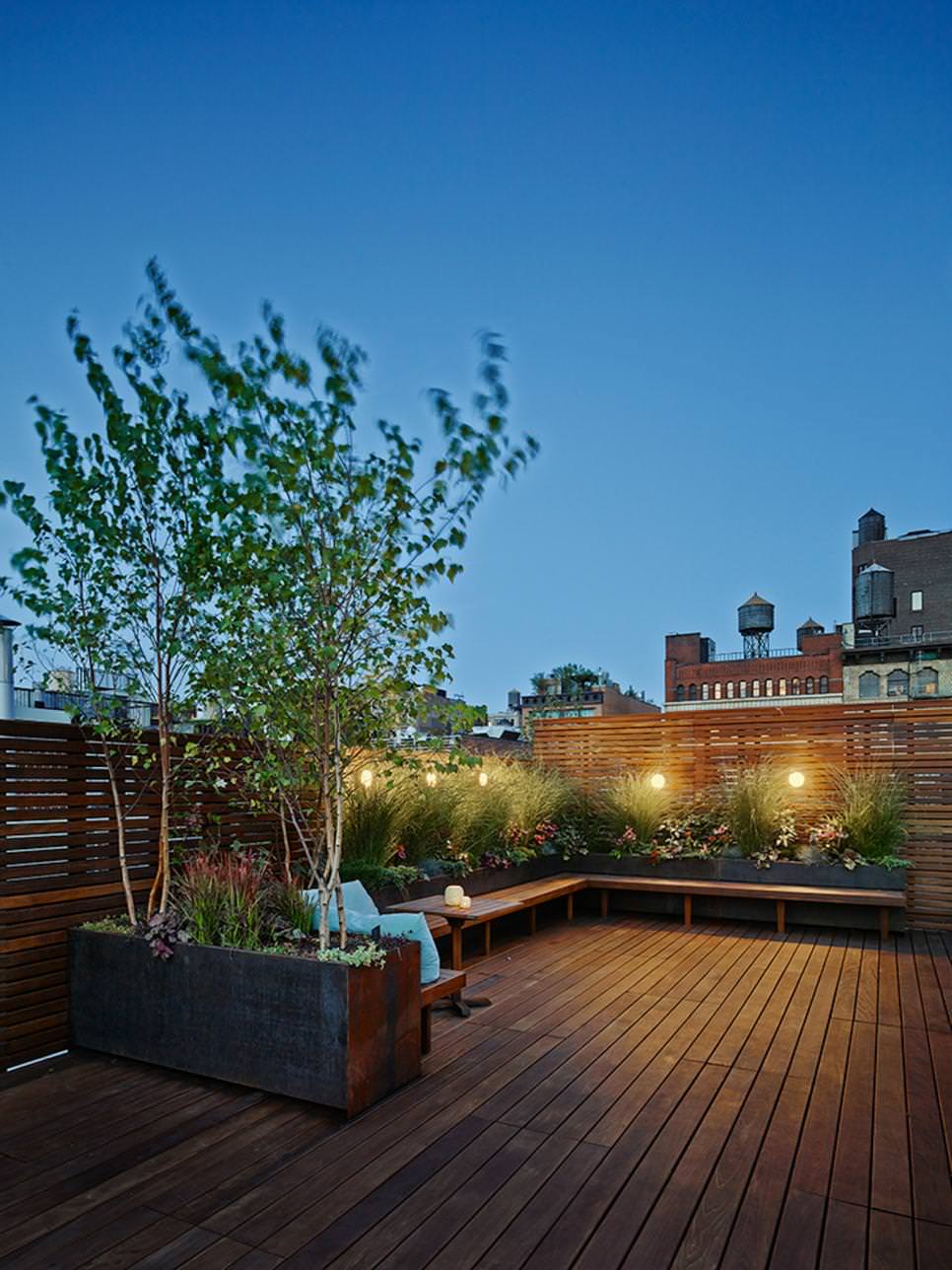Rooftop Gardens: Exploring the Green Oasis Above
In the hustle and bustle of urban life, finding a moment of tranquility can be challenging. However, in recent years, an innovative solution has emerged – rooftop gardens. These elevated green spaces have become increasingly popular as they provide a breath of fresh air amidst concrete jungles. Let’s embark on a deep exploration into the world of rooftop gardens and uncover their myriad benefits.
1. Origins of Rooftop Gardens:
Although rooftop gardens seem like a modern concept, they actually date back to ancient times. The Hanging Gardens of Babylon are considered one of the Seven Wonders of the Ancient World and were essentially rooftop gardens adorned with lush vegetation cascading down terraces.
2. Urban Challenges & Green Solutions:
As cities expand vertically due to limited space, ground-level green spaces diminish significantly. Rooftop gardens serve as an effective solution by utilizing unused rooftops for sustainable purposes, reducing urban heat island effects and improving air quality.
3. Environmental Benefits:
Rooftop gardens act as natural insulators, regulating temperatures within buildings and reducing energy consumption for heating or cooling purposes. They also absorb carbon dioxide (CO2) emissions from surrounding areas while releasing oxygen into the atmosphere.
4. Biodiversity Boost:
One fascinating aspect of rooftop gardens is their ability to promote biodiversity in urban settings where it is often lacking. By providing habitats for plants and insects that would otherwise struggle to survive in concrete landscapes, these green spaces create mini-ecosystems that support local flora and fauna.
5. Food Production & Urban Agriculture:
Another exciting feature offered by many rooftop gardens is food production through urban agriculture initiatives such as vertical farming or hydroponics systems. This localized approach reduces transportation emissions associated with importing produce from distant locations while ensuring access to fresh, nutritious food for city dwellers.
6. Mental Health Benefits:
The presence of nature has long been linked to improved mental health. Rooftop gardens provide a peaceful retreat from the chaos below, offering stress relief and promoting well-being. Spending time in these green spaces can reduce anxiety, boost creativity, and enhance overall mood.
7. Community Spaces:
Rooftop gardens also act as social hubs within urban environments. They create opportunities for community engagement through events, workshops, and gatherings that foster connections among residents, neighbors, and local organizations.
8. Design & Aesthetics:
Beyond their functional benefits, rooftop gardens add aesthetic value to buildings by transforming otherwise dull rooftops into visually appealing green landscapes. The architectural integration of plants and nature creates a unique skyline that enhances the beauty of cityscapes.
9. Stormwater Management:
Urban areas often struggle with managing stormwater runoff during heavy rainfall events. Rooftop gardens help mitigate this issue by absorbing rainwater before it reaches overloaded drainage systems or becomes contaminated with pollutants such as oil or chemicals from hard surfaces.
10. Noise Reduction:
Rooftop gardens offer unexpected acoustic advantages by reducing noise pollution in densely populated areas. Plants act as natural sound barriers that absorb, reflect, and refract sound waves while creating a quieter environment for both residents and workers.
11. Economic Benefits:
Aside from their environmental advantages, rooftop gardens can contribute to economic growth in urban areas through increased property values and improved energy efficiency ratings for buildings incorporating these green spaces into their designs.
12: Accessibility & Equity
While rooftop gardens are undeniably beneficial to those who have access to them via residential or commercial properties, efforts must be made to ensure equitable distribution across communities irrespective of income levels or neighborhood locations.
In conclusion,
Rooftop gardens represent a harmonious blend of nature’s wonders with modern urbanity—a testament to our desire for sustainable living amidst concrete jungles. From improving air quality to fostering biodiversity and providing tranquil spaces for mental respite – these elevated oases offer numerous benefits that extend far beyond their physical presence. As cities continue to evolve, rooftop gardens will undoubtedly play a crucial role in creating healthier, greener, and more vibrant urban environments.

Leave a comment